Essential Oils: The Key to Unlocking Your Health's Full Potential!
Feb 29, 2024 By Madison Evans
Essential oils are concentrated liquids made by steam or water distillation. The composition of hundreds of essential oils varies greatly depending on the plants they come from. Seeds, stems, bark, roots, flowers, and leaves are possibilities, as are their availability and location. Although most oils are transparent, some are yellow or amber. Transparent oils contain many useful chemicals, organic acids, essential nutrients, and antioxidants.
A high concentration of essential oils makes them toxic if applied improperly, so they must be diluted before use. Aromatherapy, application to the skin or hair, and diffuser use are common ways to use essential oils for therapeutic purposes. Essential oils are rarely used due to their high chemical concentrations.
Unlike fragrance and perfume oils, essential oils are plant extracts without synthetic chemicals. As opposed to perfume, essential oils are applied differently. Many therapeutic essential oils are improved by diluting them with carrier oils, which the skin absorbs. Blended essential oils boost efficacy and benefits. Production of most of the world's oils may affect price and quality. Due to their concentration, compressed compounds are usually stored in blue or brown bottles to protect them from sunlight.
Popular Essential Oils
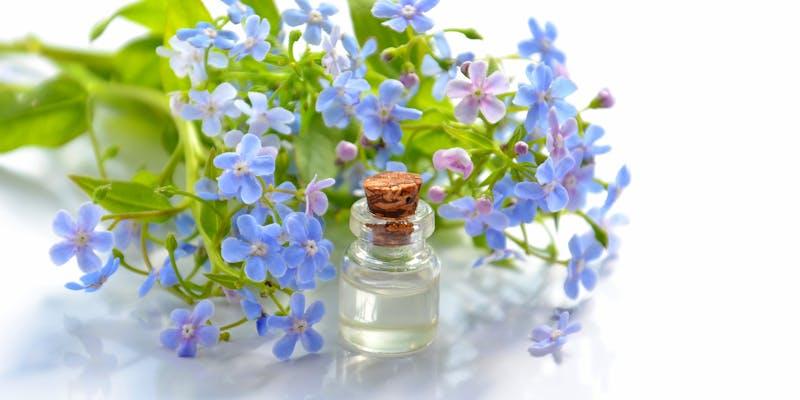
A diverse range of plant species harbor compounds with potential biological activity. Producing essential oil diffuser products from desiccated plant oils is the work of manufacturers. The following are examples of well-known essential oils:
- Lavender
- Peppermint
- Tea Tree
- Eucalyptus
- Lemon
- Frankincense
- Rosemary
- Orange
- Cedarwood
- Sandalwood
- Bergamot
- Ylang Ylang
- Chamomile
- Jasmine
- Clary Sage
Benefits Of Essential Oils
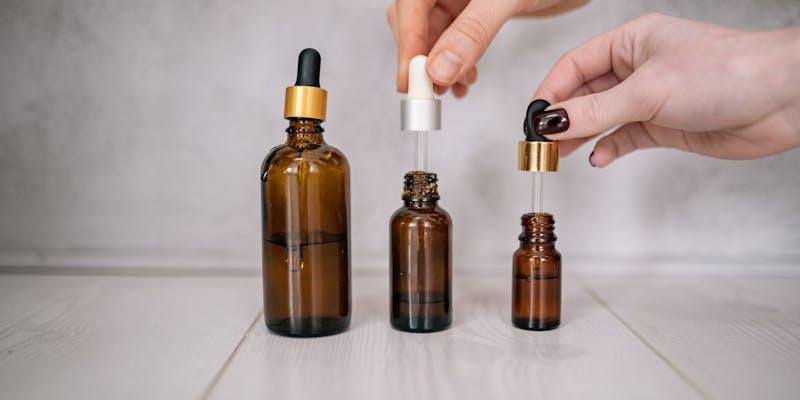
Improve Brain Function
New studies have shown oils are essential to prevent neurodegenerative diseases such as Alzheimer's and dementia and to enhance cognition. The multitasking property of essential oils in combating the free radicals, which wreck the brain, is the rationale for its anti-inflammatory and antioxidant properties. The use of oils improves attention, brain function, and memory. Eucalyptus oil can conserve strong focus, whereas bergamot essential oil diffuser can enhance concentration. Dementia patients who benefit from the administrative use of essential oils might experience decreased restlessness. People who apply these natural oils daily observe improved cognitive function and memory.
Balance Hormones
Valid thyroid, estrogen, cortisol, progesterone, and testosterone levels are based on the hormonal balance research findings. These herbs of aromatherapy, which are geranium, thyme, and clary sage, eradicate hormonal problems like PCOS, infertility, and menopausal symptoms by increasing progesterone and estrogen hormones.
Neuroendocrinology research from 2017 indicates that rose and geranium oils elevate estrogen levels in adult women. Estrogen production suppression is how the results of this study are utilized to treat menopausal symptoms naturally. In addition to reducing cortisol, depression, and libido in males, plant therapy essential oils may stimulate testosterone production.
Reducing Pain
It has been demonstrated that applying essential oils topically, imbibing them, or diffusing them can alleviate pain. Their capacity to effectively cope with a wide range of pain conditions, including those resulting from chronic illnesses, injuries, or recovery after surgery, is an immediate outcome of these attributes. Consistent and extensive scientific research substantiates the efficacy of essential oils in mitigating physical discomfort.
The essential oils of eucalyptus, cayenne, rosemary, and lavender are highly recommended owing to their soothing properties. Research published in 2015 found that the administration of lavender oil reduced post-operative discomfort by a significant margin twenty-four hours after the procedure. This is illustrated by capsaicin, an analgesic chemical discovered in chile oil, in several lotions sold over the counter for pain relief. These plant therapy essential oils offer a natural and holistic method of alleviating pain by promoting circulation and decreasing inflammation. Essential oil candles can help as therapy.
Skin Care
Natural oils have been used in skin care for decades due to their phytochemical and cosmetic properties. Jojoba, rosy-purple myrrh, and patchouli combine well with these other ingredients since they are anti-aging and fortifying. Jojoba oil mimics the body's natural lubrication due to its emollient qualities and moisture retention.
Geranium oil smooths rough skin in addition to its many advantages. Researchers focused on rose oil's anti-aging and skin-protective properties in 2017. Antioxidants in these oils accelerate aging, stimulate cellular regeneration, and enhance skin suppleness, resulting in younger, more attractive skin.
Natural Medicine
Essential oils and alternative treatments may be useful in restoring health and preventing diseases. Essential oils were greatly esteemed by Indians, Chinese, and native Americans during antiquity. Many essential oils from various plants are effective healing remedies. Theulate substances comprise frankincense, myrrh, cedar, and juniper. The anti-inflammation and antibacterial quality of cassia plant therapy essential oils can help control the sugar level of people with diabetes.
Research has revealed recently that frankincense oil can lower the amount of inflammation. However, being rich in quality oils, such as extra virgin olive plant therapy essential oils, may assist in improving most diseases. It could be a group of conservatives who use essential oils that are organic and traditional. Also, sniffing essential oil candles can help and act as natural medicine.
Helps Relax
Essential oils are being considered for stress relief and relaxation. Natural sedative extracts have been shown to relieve anxiety, insomnia, and other sleep issues, which may be useful. Essential oils may release serotonin and dopamine. Reducing stress hormones and tissue inflammation suggests this strategy may better cure chronic conditions. Results include fewer depressive episodes, lower stress, and better mood. Essential oils like rose, lavender, chamomile, and ylang-ylang work well. Because they relax the psyche, these substances are popular in medicine.
Antiviral and Antibacterial
Critical oils are notable in alternative medicine for their exceptional efficacy in combating bacteria and viruses. Mold present at both the surface and dispersal levels may be efficiently eliminated by domestic air purification systems utilizing these oils. Potential health advantages of inhalation or topical application include an enhanced immune system and simplified management of skin disorders such as acne and eczema.
Essential oils' known antibacterial and digestive health benefits include tea tree, oregano, and lavender. There is evidence that these oils benefit intestinal bacteria. Because of their dual purification properties, essential oils are a multipurpose instrument that can boost global health.
Anti-inflammatory Effects
Individuals seeking natural remedies to mitigate pain and inflammation frequently employ plant therapy essential oils. Antioxidant-rich oils safeguard vital organs and tissues, including the intestines, blood vessels, and muscles, against inflammation when they are utilized to combat oxidative stress within the body.

Understanding the Link Between Tap Water Contaminants and Cancer
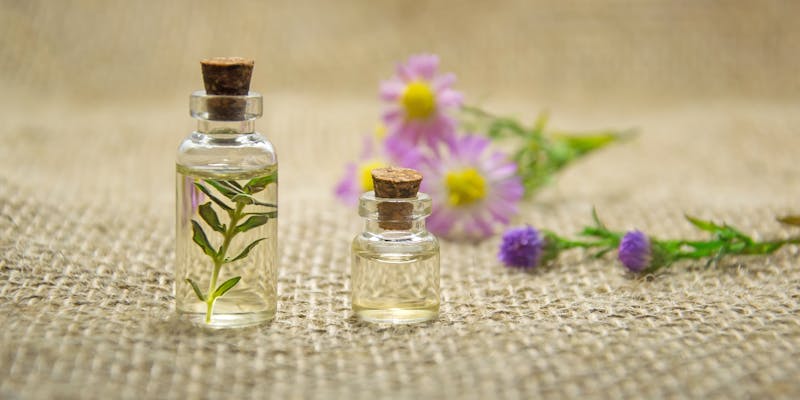
Essential Oils: The Key to Unlocking Your Health's Full Potential!
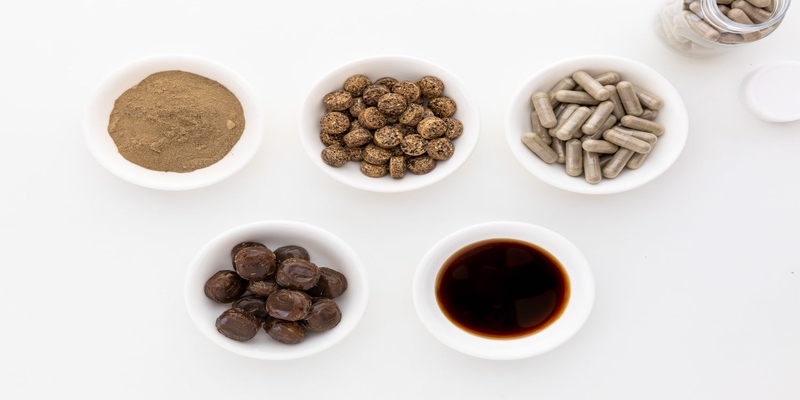
Exploring Bee Propolis Benefits, Uses, Dosage, and Side Effects

6 Safe Cardio Workouts for Bad Knees

The Hidden Effects of Blue Light: Could Your Phone Be Causing Wrinkles

Yoga Positions That Can Help Ease Gas Discomfort And Bloating
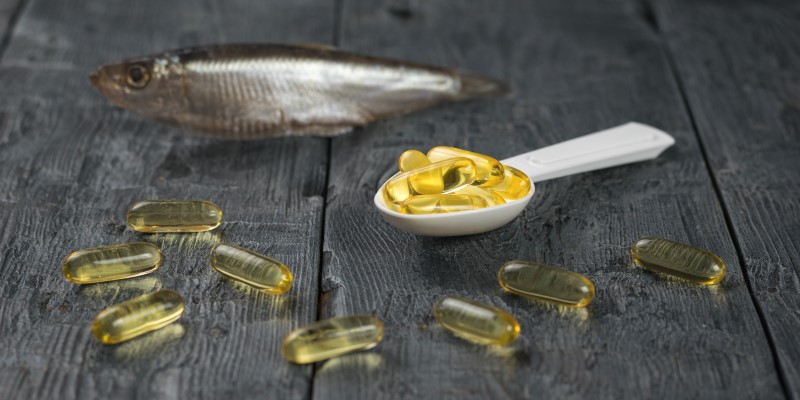
The Life Span of Fish Oil Softgels: Debunking the Expiration Mystery


